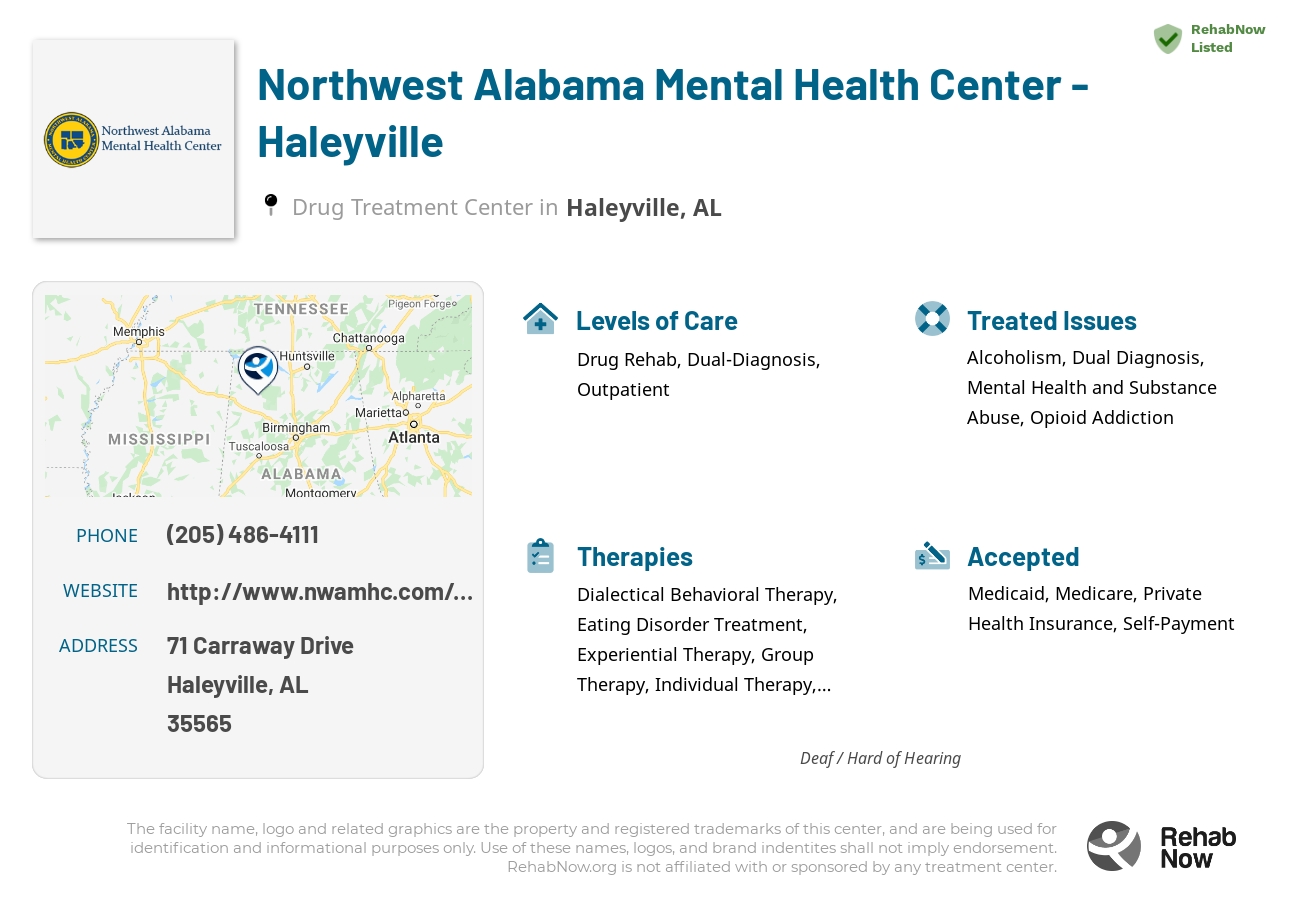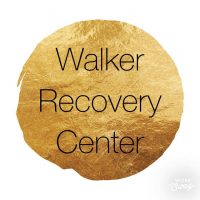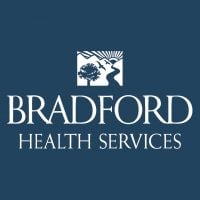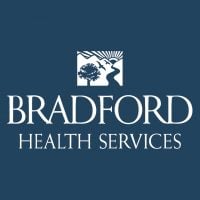
Northwest Alabama Mental Health Center - Haleyville
Drug Rehab Center in Haleyville, Alabama
- Opioid Addiction
- Eating Disorder
- Dual Diagnosis
- Drug Addiction
- Alcoholism
Northwest Alabama Mental Health Center - Haleyville is a accredited treatment facility that provides mental health services, addiction treatment, and behavioral health support with the use of evidence-based practices, individualized treatment plans, and ongoing support resources.
About Northwest Alabama Mental Health Center - Haleyville in Alabama
Northwest Alabama Mental Health Center - Haleyville is an addiction treatment facility located in Haleyville, Alabama. Founded in 1969, the center has been serving the community for over 50 years. They offer various addiction treatment services to individuals suffering from alcoholism, dual diagnosis, opioid addiction, eating disorders, drug addiction, substance abuse, and mental health-related issues. The center accepts private health insurance and is affiliated with the larger Northwest Alabama Mental Health Center organization.
At Northwest Alabama Mental Health Center - Haleyville, individuals struggling with addiction and substance abuse can expect a range of comprehensive treatment options. The facility provides drug rehabilitation services that include detoxification and outpatient programs. Additionally, they offer specialized care for clients with dual-diagnosis conditions where mental health issues coexist with substance abuse problems. The center emphasizes comprehensive aftercare support to ensure the transition from treatment to everyday life is smooth and successful. With years of experience working in this field, Northwest Alabama Mental Health Center is dedicated to helping individuals achieve long-term recovery through evidence-based therapies and personalized treatment plans.
Genders
Ages
Modality
Additional
Conditions and Issues Treated
Opioid addiction has become a significant health problem in the United States. In 2015, there were 91 opioid overdose-related deaths per day, with a substantial increase in mortality rate in 2014.
When opioid addiction has reached a point where a person’s life becomes unmanageable, treatment options are available to help them get sober. Treatment that includes medical care with medications and counseling can help a user transition into sobriety.
When someone in struggles with both addiction and mental or emotional illness, this is considered a dual diagnosis. Dual diagnosis treatment can include therapy for these issues to happen simultaneously, which will allow either of them to be treated effectively.
Sometimes people who have suffered from addiction disorder also suffer from co-occurring disorders such as depression, anxiety, bipolar disorder, etc., making them “dual diagnoses.” Dual diagnoses require specialized treatment programs where drug and alcohol addiction are addressed along with psychiatric illnesses. Some rehabilitation facilities provide patients suffering from cooccurrences a program with highly integrated services and a clean environment with few distractions to help them succeed.
Levels of Care Offered
This center offers a variety of custom treatment tailored to individual recovery. Currently available are Drug Rehab, Dual-Diagnosis, Outpatient, with additional therapies available as listed below.
Outpatient treatment is often used for drug addicts in drug rehab. Outpatient treatment consists of counseling and therapy sessions. This form of treatment is also called ‘day-treatment’. The outpatient treatment process begins with the addict’s initial detox period, lasting about ten days.
Outpatient treatment is used for those who are at moderate risk for ‘slipping back’ into the addiction, for those who:
- Are not currently experiencing any side effects from withdrawal and can handle social pressure
- Can handle stressors that might trigger relapse
- Have a stable living environment or have moved out of their previous environment, which was not conducive to being sober
- Have a support system that allows them to go to a facility a few times a week while still keeping their current responsibilities
- Have no legal obligations, being either on parole or probation, that require them to seek treatment at a mandatory facility
- Are not currently experiencing any side effects from withdrawal and can handle social pressure
- Have a stable living environment or have moved out of their previous environment, which was not conducive to being sober
Therapies & Programs
Because no single treatment is effective for all addicts, the goal of treatment and therapy should be to figure out what works best for each individual. Tolerance and withdrawal levels differ from person to person, affecting the treatment intensity required. Addiction treatment should aim to help addicts develop healthy coping mechanisms for dealing with their addiction and its underlying causes.
Group therapy can help build a stronger support system and give addicts in Haleyville, AL insight into their addiction that they gain through shared conversations. Group therapy occurs in a controlled group environment, exclusive of one on one meetings. This makes it safer for patients to feel comfortable sharing the struggles they’re going through and gaining perspective.
Trauma therapy is beneficial for people who are recovering from drug addiction because it helps them heal from past traumas that may have caused them to turn to harmful substances or led them to experience negative emotions that contributed to their destructive behaviors.
This type of treatment works by processing difficult experiences so individuals can learn how to process these events without having to turn to substances for coping.
Trauma therapy can help addicts in the following ways:
- Helps individuals understand their experiences and emotional responses to difficult events, including why they turned to drugs or alcohol
- Provides them with comfort and support while working through difficult emotions related to these traumatic experiences
- Offers an opportunity for addicts to have a voice and be heard, which can improve their self-esteem
- Can help them develop coping skills so they can better respond to triggers instead of turning to substance abuse.
Dialectical Behavior Therapy (DBT) is a cognitive-behavioral therapy that helps patients understand the relationship between their thoughts, feelings, and behaviors. It is beneficial for those whose addictions and behaviors stem from severe mental health issues. The term “Dialectic” means the integration of opposites. In substance abuse, DBT refers to accepting the patient’s addiction and working to change their thoughts and behavior. It improves life skills such as controlling intense emotions without reacting impulsively, resolving interpersonal conflicts effectively, and promoting awareness about self and others.
Cognitive-behavioral therapy is a technique that is used to help people with addiction. Specifically, it is a way of identifying thoughts and behaviors that cause the addiction. It is typically used in an individual counseling session.
The content explains cognitive behavioral therapy and how it works to address some behaviors that may be leading to unintended consequences in their life, as well as its benefits for those seeking sobriety.
It works by helping people to talk through their issues and addressing the thoughts that cause said behaviors. It is an excellent way of learning about oneself and one’s perception of the world.
Patient Experience
Experiential Therapy at Northwest Alabama Mental Health Center - Haleyville
Experiential therapy uses engaging activities to help patients access deeper, often hidden emotions. For example, the patient could role-play a problematic situation or engage in activities like drawing, painting, poetry writing, music composition, exercising, or journaling to help process intense feelings.
Experiential therapy is a type of therapeutic approach that focuses on having patients work through problems, issues, or emotions by engaging directly in some real experience. Experiential therapy occurs face-to-face with a therapist who helps these people to explore their feelings first hand.
It is based on the belief that to truly understand and gain insight into oneself and behavior; it is necessary and helpful to have real experiences with the issues involved. Some therapists have developed the experiential therapy approach as a way of treating addictive behaviors or dealing with impulses related to addiction. It comes from an existential school of psychotherapy called ‘experiential existential.’
Payment Options Accepted
For specific insurance or payment methods please contact us.
Is your insurance accepted?
Ask an expert, call (888) 674-0062
Northwest Alabama Mental Health Center Associated Centers
Discover treatment facilities under the same provider.
- Northwest Alabama Mental Health Center - Hamilton in Hamilton, AL
- Northwest Alabama Mental Health Center - Fayette in Fayette, AL
- Northwest Alabama Mental Health Center - Jasper in Jasper, AL
- Northwest Alabama Mental Health Center - Vernon in Vernon, AL
- Northwest Alabama Mental Health Center - Winfield in Winfield, AL
Learn More About Northwest Alabama Mental Health Center Centers
Additional Details
Specifics, location, and helpful extra information.
Haleyville, Alabama 35565 Phone Number(205) 486-4111 Meta DetailsUpdated November 25, 2023
Staff Verified
Northwest Alabama Mental Health Center - Haleyville Patient Reviews
There are no reviews yet. Be the first one to write one.

Location
71 Carraway Drive
Haleyville, AL 35565
(205) 486-4111
Northwest Alabama Mental Health Center
Language
Quick Reference

- About Northwest Alabama Mental Health Center - Haleyville in Alabama
- Conditions and Issues Treated
- Levels of Care Offered
- Therapies & Programs
- Patient Experience
- Payment Options Accepted
- Northwest Alabama Mental Health Center Associated Centers
- Additional Details
- Northwest Alabama Mental Health Center - Haleyville Patient Reviews
Haleyville, Alabama Addiction Information
Opioids, such as heroin, fentanyl, and prescription opioids are related to more than half of all drug-related overdoses in Alabama. Alcohol is the most frequently used substance in Alabama; 85,000 Alabamians use cocaine every single year. In Alabama, there are four times as many vehicle crashes involving alcohol as there are normal vehicle crashes.
Treatment in Nearby Cities
- Rogersville, AL (43.8 mi.)
- Valhermoso Springs, AL (54.7 mi.)
- Eufaula, AL (215.7 mi.)
- Sylvania, AL (103.9 mi.)
- Butler, AL (153.2 mi.)
Centers near Northwest Alabama Mental Health Center - Haleyville



The facility name, logo and brand are the property and registered trademarks of Northwest Alabama Mental Health Center - Haleyville, and are being used for identification and informational purposes only. Use of these names, logos and brands shall not imply endorsement. RehabNow.org is not affiliated with or sponsored by Northwest Alabama Mental Health Center - Haleyville.



